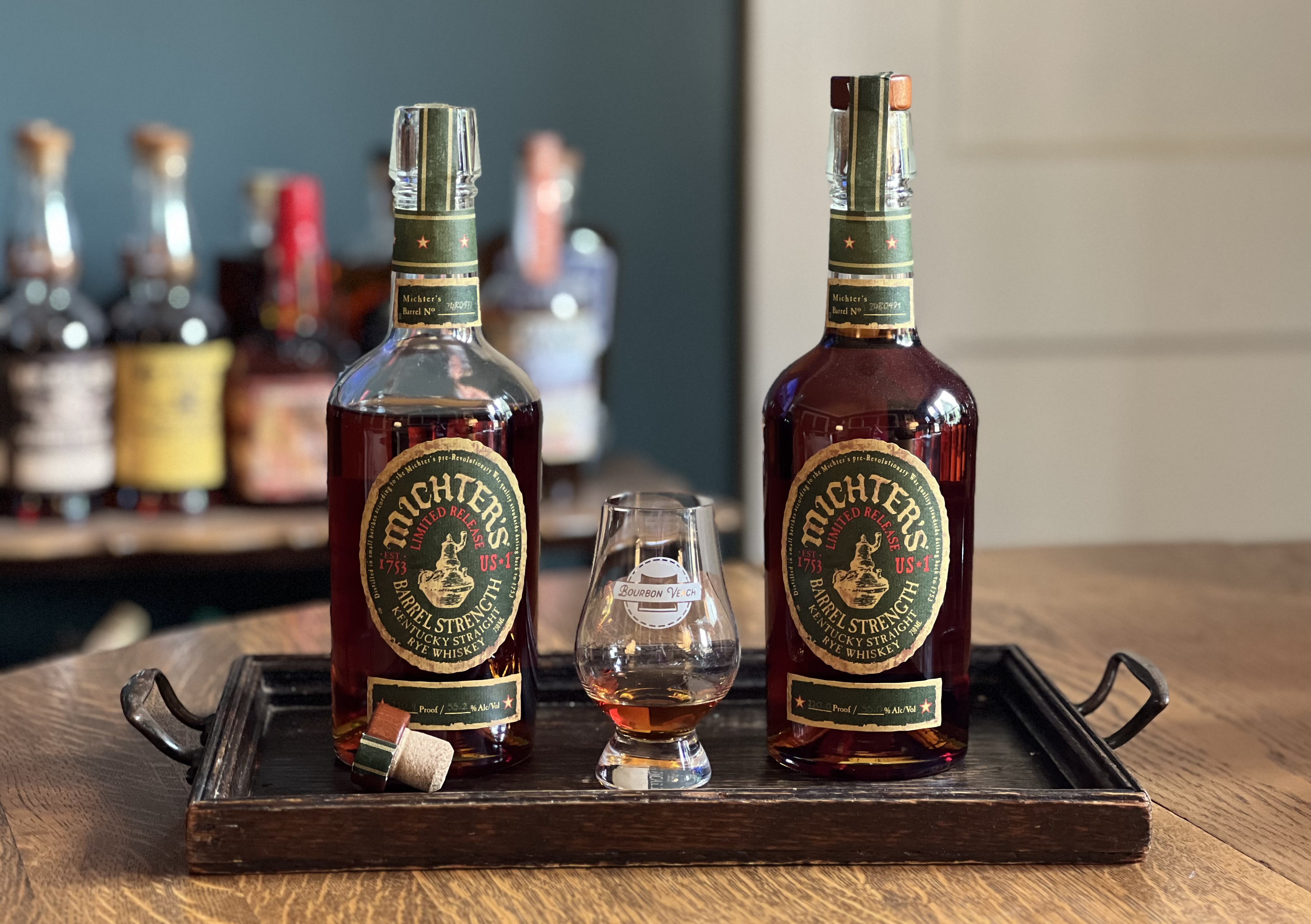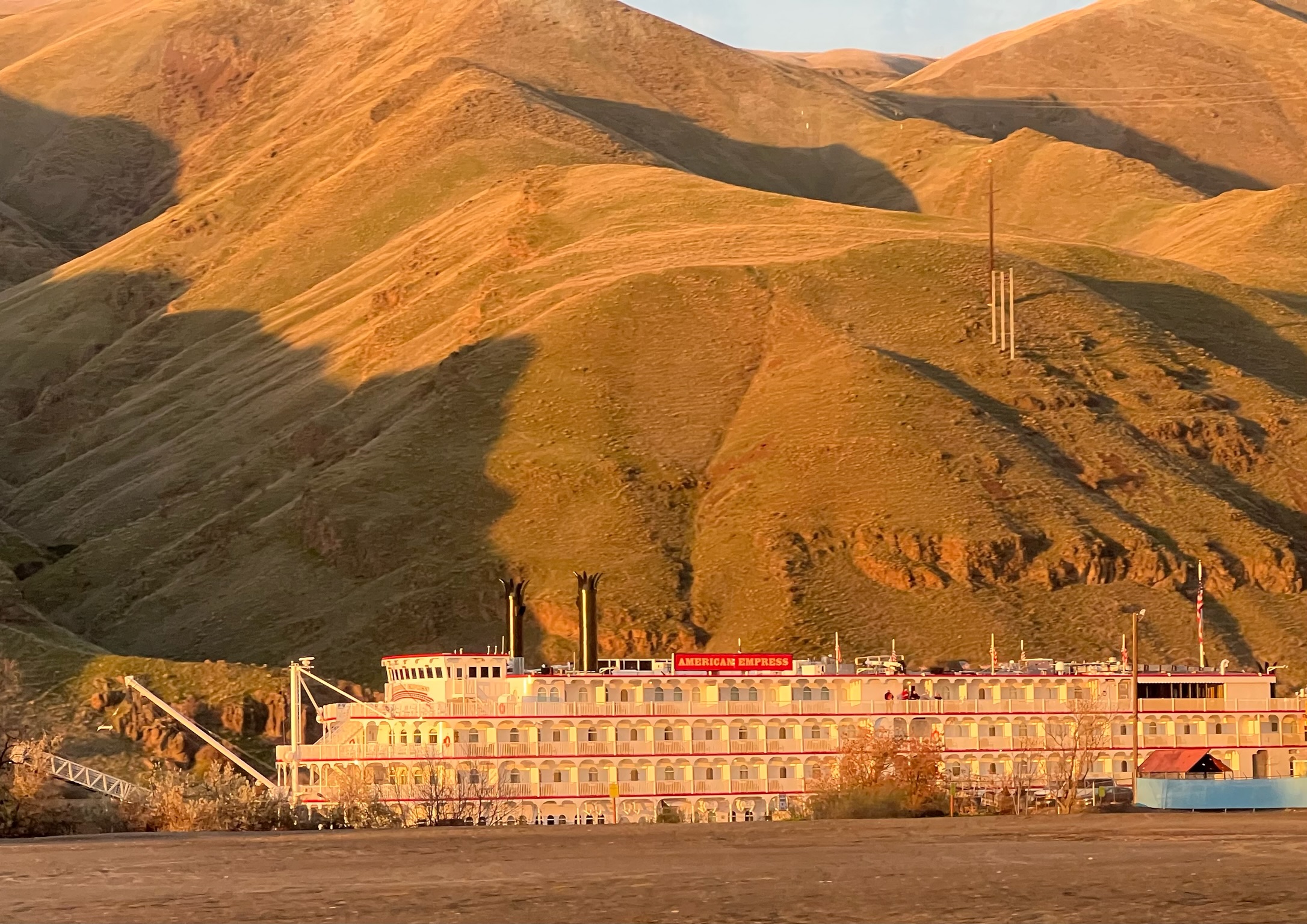There are many people looking for distilling heritage. Many are distilleries who are reviving a distillery or brand. Others are people who had a family connection to the industry and want to learn more about their ancestor and the industry in which they worked. Many people want to know where to look for this information. This is easier in Kentucky than other States, because the heritage was better preserved in Kentucky than in States like Pennsylvania, where the Prohibitionists dominated the culture for so long and distilling was considered a heritage they wanted to forget. This attitude has changed over the last decade but it still makes the research harder in such States.
The place to start is at a library. There are several good books to check out. Chet Zoeller’s Bourbon in Kentucky and Sam Cecil’s The Evolution of the Bourbon Industry in Kentucky give information about the distilleries in the Kentucky. Other books include Crowgey’s Kentucky Bourbon: The Early Years of Whiskeymaking and Carson’s The Social History of Bourbon are good sources for researching the industry as a whole. Of course, my book, Kentucky Bourbon Whiskey: An American Heritage, is also a good source for the history of the industry. These sources will not give a lot of history on individual distilleries, brands or people, but are good for finding out more about the industry as a whole.
The next stop should be archives. The local county archive should have land records on distilleries and tax records, wills and inventory of estates. These are all good information about distilleries and people involved with the distilleries. State archives should be the next step. This is where you will usually find court cases involving distilleries and people.
Finally, there are academic archives at the local universities, historical societies and museums. It is rare to find, but if family papers are to be found outside of the family, these institutions are where they will be found. Unfortunately, these institutions depend upon donations of papers from the families. This means that if the family was involved in a distillery, some member of that family would have had to donate or sell the papers to the institution sometime in the past. Still, all is not lost, because sometimes distillery, brand and personal information comes up in papers donated by other families. It is worth spending a day or two in these archives seeing what they do have. If you find something, it is usually a rich find.

Other sources worth checking are census records and trade magazines. Census records can be found online. They are limited because there is a 70 year period where the records are not made public, so if you are looking for a recent family member, you will not find them in census records. However, census records will give information such as employment, residence and age at the time of the census.
Trade magazines are rare. The Louisville Public Library has a collection of the Wine and Spirits Bulletin trade magazine that was published in Louisville before Prohibition. These magazines are not indexed so finding information means grabbing a volume and leafing through the pages. It is worth it as there are many articles about individual people and even short blurbs such as “John Weller traveled to Denver on a sales trip” printed in the magazine. These are a great place to find old advertisements for brands and information about the distilleries themselves. If the distillery had a fire or expanded its capacity, these magazines will usually have an article about these events. The New York Public library has this collection on microfilm. They also have Bonefort’s, another trade magazine published in New York before Prohibition, on microfilm.
If all else fails, you can contact me. I have a large personal archive I have collected over the years. Some of my materials are extremely rare and hard to find in public archives, if they can be found at all. I charge an hourly fee but it may be worth it.
There are many people looking to research distilling heritage. I hope this will help them get started on their quest for information. It can be a rewarding quest, but often, the information is scarce and hard to find. However, the fun is often in the search itself.

Photos Courtesy of Rosemary Miller














April 6, 2020 at 10:11 am
http://www.juiceinthebottle.com/hunting-for-bourbons-history/
I wrote this a while back and certainly could have added a # 4. Tacit learning. Growing up watching dad or uncle do what they did…..never really wrote it down.
April 6, 2020 at 11:31 am
Thank you for this very helpful article since I am researching the S.M. Pike Magnolia whiskey brand which I would like to revive. I’m digging through the Cincinnati paper achives where his business and brand was based and started in 1849. Pike was a rectifier who bought his whiskey in Kentucky and put his own label on it for resale.
In one advertisement it stated that his whiskey was a corn and rye, and another ad stated he had a white wheat whiskey.
I’m trying to find out the correct mash bill, recipe and or percentage combination of the grains he used in his products. Any direction or information you or your readers could provide would be greatly appreciated.
Ed Carey, carey@careyrealty.com, Magnolia Spirits LLC
April 6, 2020 at 3:05 pm
Mike,
Thanks for the mention.
Chet
April 7, 2020 at 2:31 am
You are welcome. Your book is a great starting point for researching Kentucky distilleries and their brands.
November 16, 2022 at 5:04 am
Thank you so much for this information! I have my bottle of bourbon in my grandfather’s name (He served on the board and bottles were given to him in the ’50’s. My brothers and I each have an unopened bottle) that I am hoping to get some information on. The hunt begins! Thank you for the tips!!